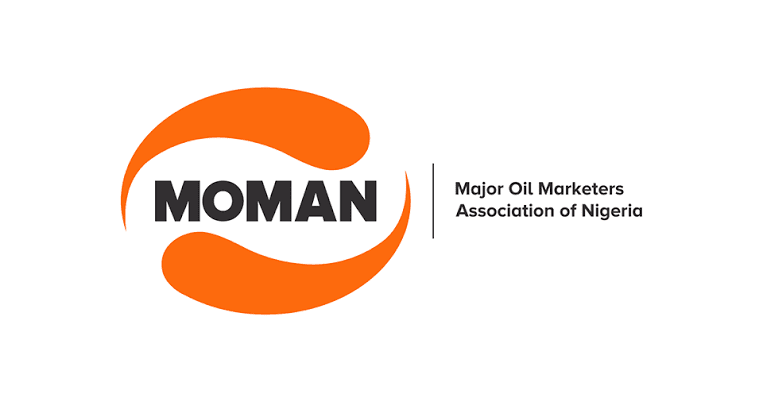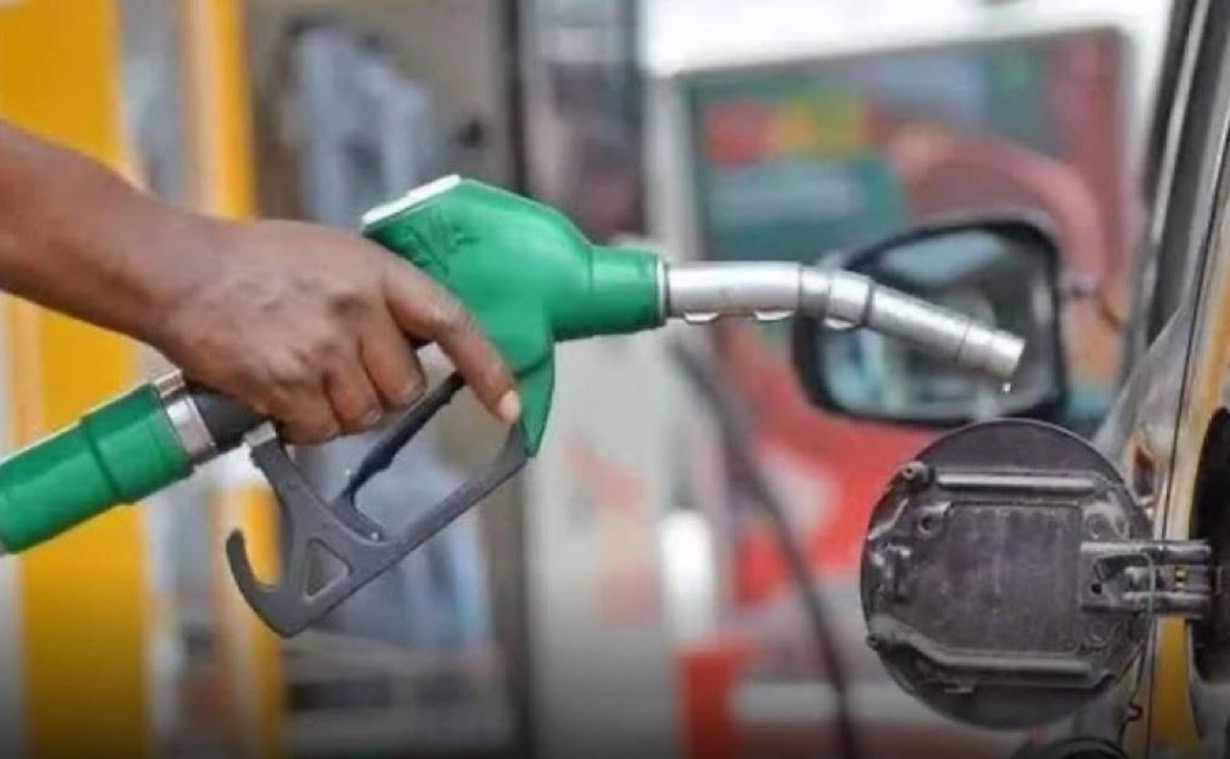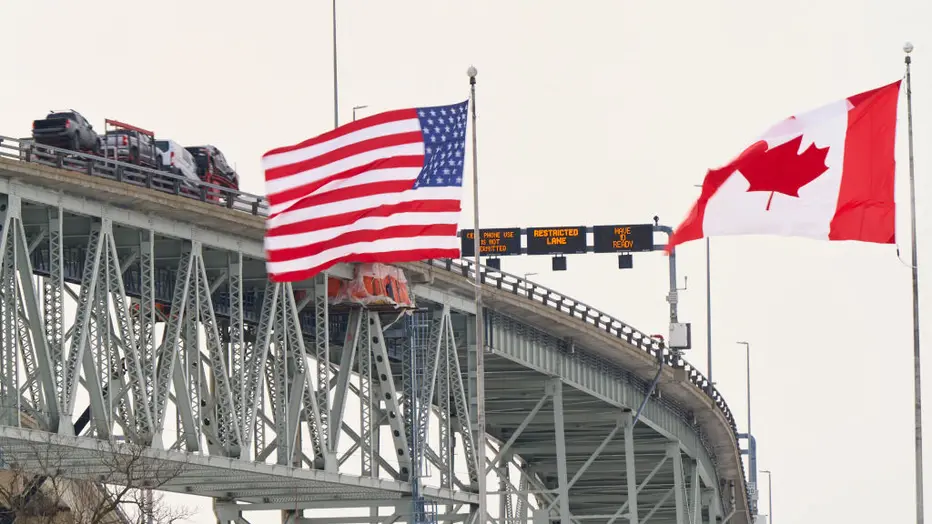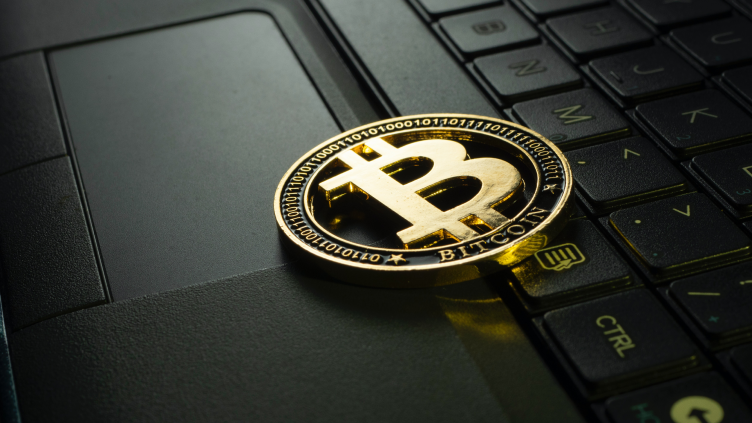The Shocking Fuel Price Surge: Breaking Down the Numbers
Nigerians are in for another tough ride as the landing cost of imported Premium Motor Spirit (PMS), commonly known as petrol, has surged to ₦885 per litre—a staggering ₦88 increase from last week’s ₦797.
This alarming jump, reported by the Major Energy Marketers Association of Nigeria (MEMAN), signals that pump prices could soon breach the ₦1,000 per litre mark, putting even more strain on households and businesses already grappling with inflation.
Why the Sudden Spike?
Several factors are driving this sharp increase:
- Global Oil Market Volatility: Fluctuations in international crude prices directly impact Nigeria’s fuel import costs.
- Foreign Exchange (FX) Crisis: The weakening Naira makes importing fuel more expensive, as Nigeria still relies heavily on refined petroleum imports.
- Dangote Refinery’s Pricing Shift: The refinery recently halted petrol sales in Naira, opting for dollar transactions, which could further push prices up.
Dangote Refinery vs. Imported Fuel: Who’s Cheaper Now?

Interestingly, Dangote Refinery’s petrol is currently priced at ₦815 per litre (ex-depot), making it slightly cheaper than imported fuel (₦885 landing cost). However, by the time it reaches retail stations, Dangote’s fuel sells for:
- ₦860–₦880 per litre in Lagos
- ₦880–₦900 per litre in Abuja
But here’s the catch: Dangote’s switch to dollar-based sales means its prices could soon align with international rates, potentially eliminating any cost advantage over imported fuel.
What Happens If Dangote Prices in Dollars?
- Imported and locally refined petrol could become equally expensive.
- Fuel stations may face supply disruptions if forex shortages persist.
- Nigerians could see even higher prices if the Naira continues to struggle against the dollar.
How Will This Affect Everyday Nigerians?
1. Higher Transport Costs
- Commercial buses and taxis will likely hike fares, increasing commuting expenses.
- Logistics and delivery services will become more expensive, affecting online shopping and food delivery.
2. Inflationary Pressure on Goods & Services
- Food prices could rise as transportation costs trickle down to market prices.
- Manufacturers may increase product prices to offset higher energy and distribution costs.
3. Potential Black Market Fuel Scarcity
- If official prices climb too high, illegal fuel hawkers might resurface, selling at inflated rates.
- Panic buying could lead to artificial scarcity at licensed stations.
Government & Industry Reactions
PETROAN Warns Against Panic Buying
The Petroleum Products Retail Outlets Owners Association of Nigeria (PETROAN) has urged Nigerians not to engage in panic buying, assuring that stakeholders are working to stabilize supply.
However, they also criticized the sale of petrol in dollars, calling it “unfair to local consumers” and urging the government to intervene.
Will the NNPC Step In?
The Nigerian National Petroleum Company (NNPC) Limited has yet to make an official statement. However, experts suggest that:
- Subsidies might not return, as the government remains committed to deregulation.
- More forex interventions could be needed to stabilize fuel imports.
The Future of Fuel Prices in Nigeria
Worst-Case Scenario: ₦1,200/Litre by Mid-2025?
If global oil prices rise further and the Naira continues to weaken, petrol could hit ₦1,000–₦1,200 per litre in the coming months.
Possible Solutions
- Fast-tracking modular refineries to reduce import dependency.
- Stabilizing the Naira to lower fuel import costs.
- Encouraging Dangote Refinery to maintain Naira sales to keep prices competitive.
What Can Nigerians Do?
- Minimize unnecessary travel to save on transport costs.
- Support carpooling & public transport to reduce personal fuel expenses.
- Stay informed to avoid panic buying during price fluctuations.
















Got a Questions?
Find us on Socials or Contact us and we’ll get back to you as soon as possible.